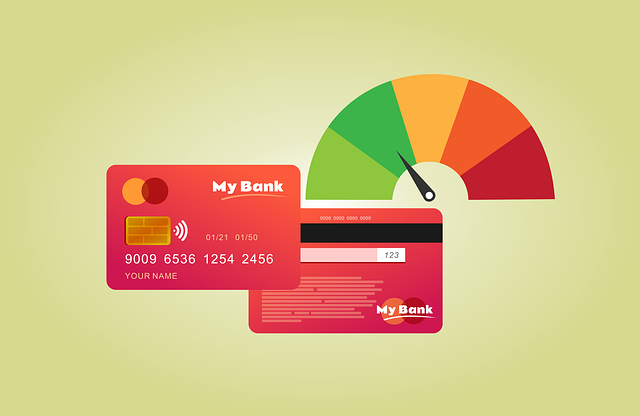Credit scores from 300-850 are vital in real estate, impacting loan terms and attracting reliable buyers/sellers. Higher scores secure better mortgage rates and lower monthly payments. Real estate agents should focus on consistent performance, client satisfaction, data analysis, relationship building, and trend awareness to excel in the market.
In the competitive world of real estate, understanding the correlation between credit scores and mortgage rates is paramount for both buyers and sellers. Higher credit scores translate to better interest rates, saving you thousands over the life of your loan. This article delves into the intricacies of credit scoring in real estate, explores how your score impacts mortgage rates, and provides practical strategies to improve and maintain exceptional credit health, ultimately enhancing your homeownership journey.
Understanding Credit Scores in Real Estate

In the realm of real estate, understanding credit scores is paramount for both buyers and sellers. A credit score acts as a numerical representation of an individual’s financial health and reliability. This score, typically ranging from 300 to 850, is calculated based on factors such as payment history, debt levels, length of credit history, types of credit used, and new credit inquiries. In the context of real estate, higher scores signify financial stability and lower risk for lenders.
For buyers, a strong credit score can result in better loan terms, including lower interest rates. This translates to significant savings over the life of a mortgage. Conversely, sellers benefit from higher scoring buyers as it increases the likelihood of a smooth transaction process. Lenders often view applicants with robust credit scores more favorably, making it easier for them to secure financing and potentially improving their negotiating power in the real estate market.
The Impact of Scores on Mortgage Rates

In the competitive realm of real estate, scores play a pivotal role in shaping one’s financial journey, particularly when it comes to securing mortgages. Higher credit scores act as a key unifier between individuals and their ability to access favorable loan terms. These scores are like a compass guiding lenders towards assessing an applicant’s trustworthiness and repayment capacity. As such, they directly influence the interest rates offered on mortgages.
When a borrower presents a strong credit score, lenders perceive them as less risky, leading to more competitive rates and potentially lower monthly payments. Conversely, lower scores may result in higher interest rates, adding up to significant financial differences over time. Understanding this dynamic is crucial for folks navigating the real estate market, as it underscores the importance of maintaining a robust credit profile to secure the best possible terms on their mortgage journey.
Strategies to Improve and Maintain High Scores

In the competitive world of real estate, maintaining high scores is key to achieving better rates and a stronger market position. To elevate their game, agents should focus on consistent performance and client satisfaction. One effective strategy is to set clear, measurable goals and track progress regularly. This involves analyzing sales data, identifying trends, and understanding client preferences. By staying informed, agents can adapt their approach, ensuring they offer tailored solutions that meet evolving market demands.
Additionally, fostering strong relationships with clients is vital. Building trust through open communication, prompt responses, and delivering exceptional service encourages repeat business and referrals. Utilizing feedback mechanisms allows agents to gauge client satisfaction levels, pinpoint areas of improvement, and implement necessary changes. Continuous learning and staying updated on industry trends further enhance an agent’s ability to provide cutting-edge services, thereby solidifying their reputation and driving success in the real estate market.






